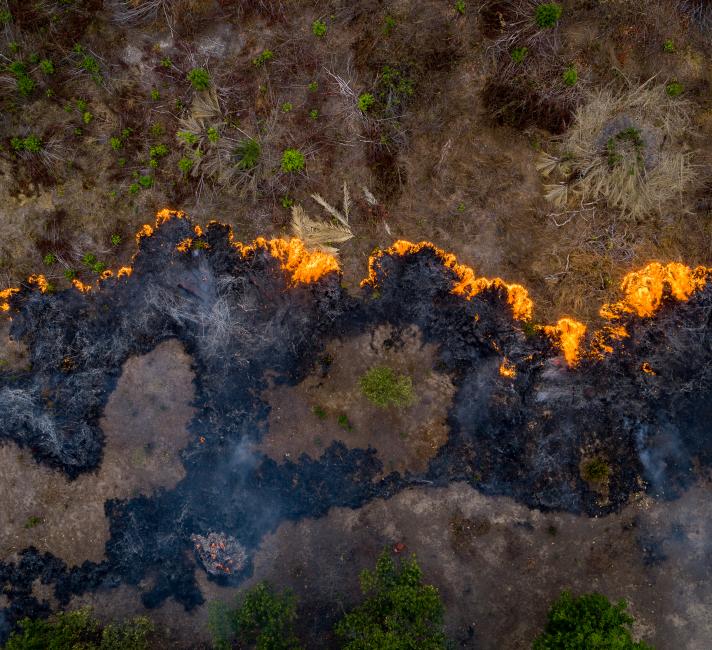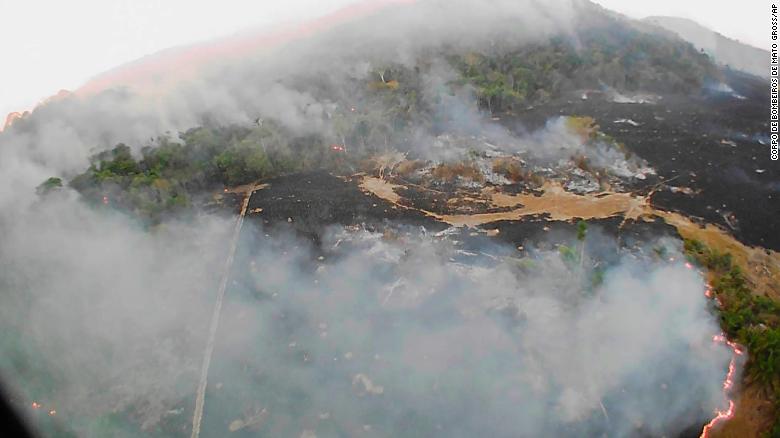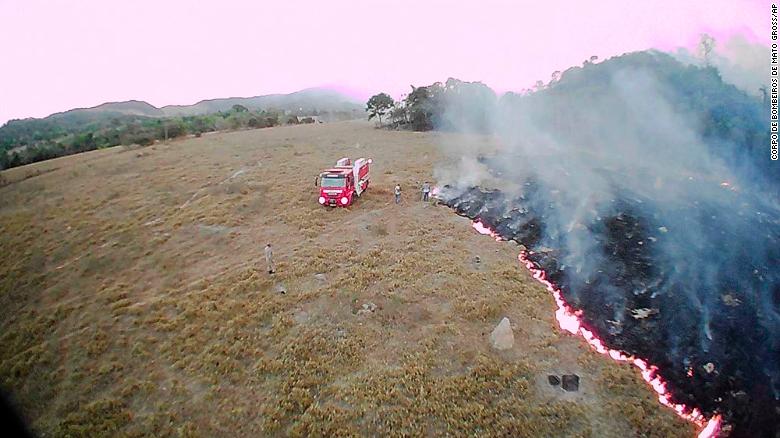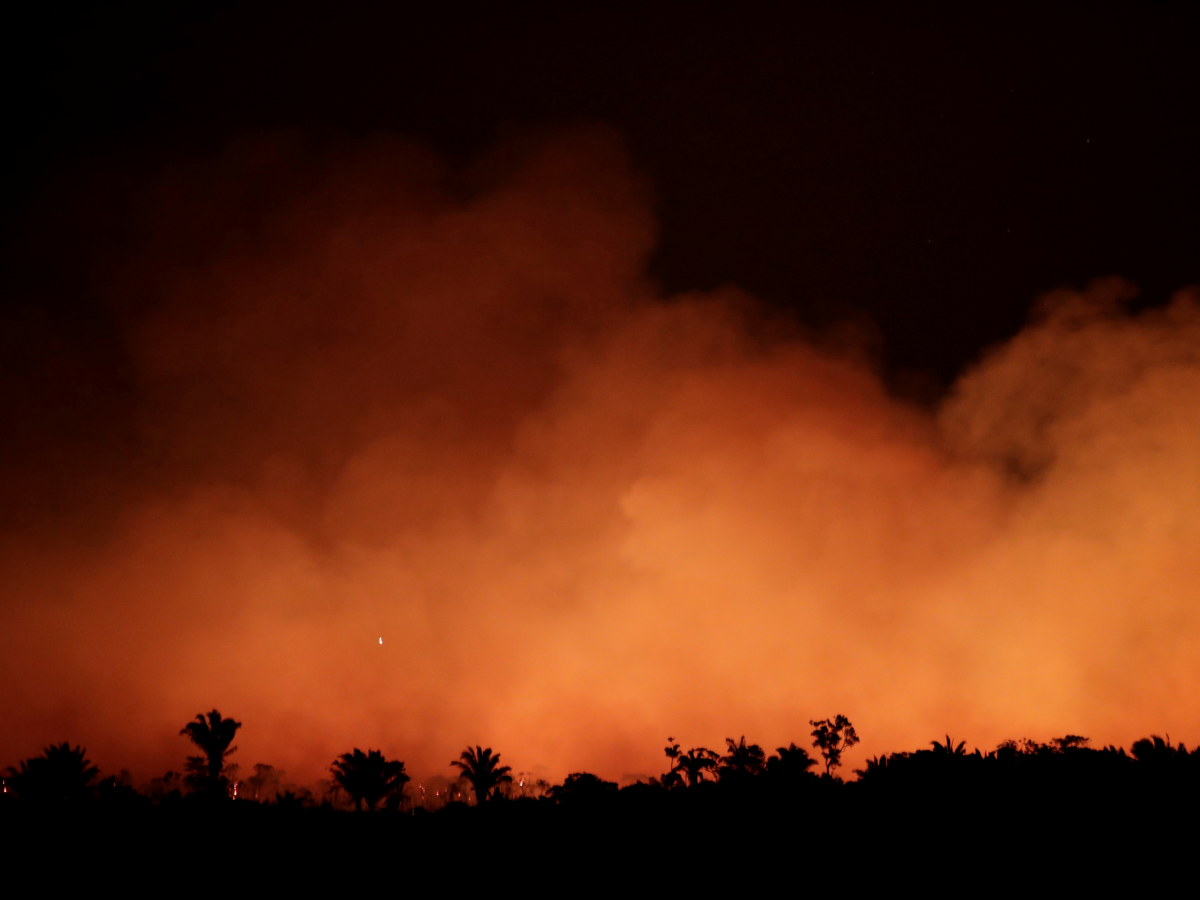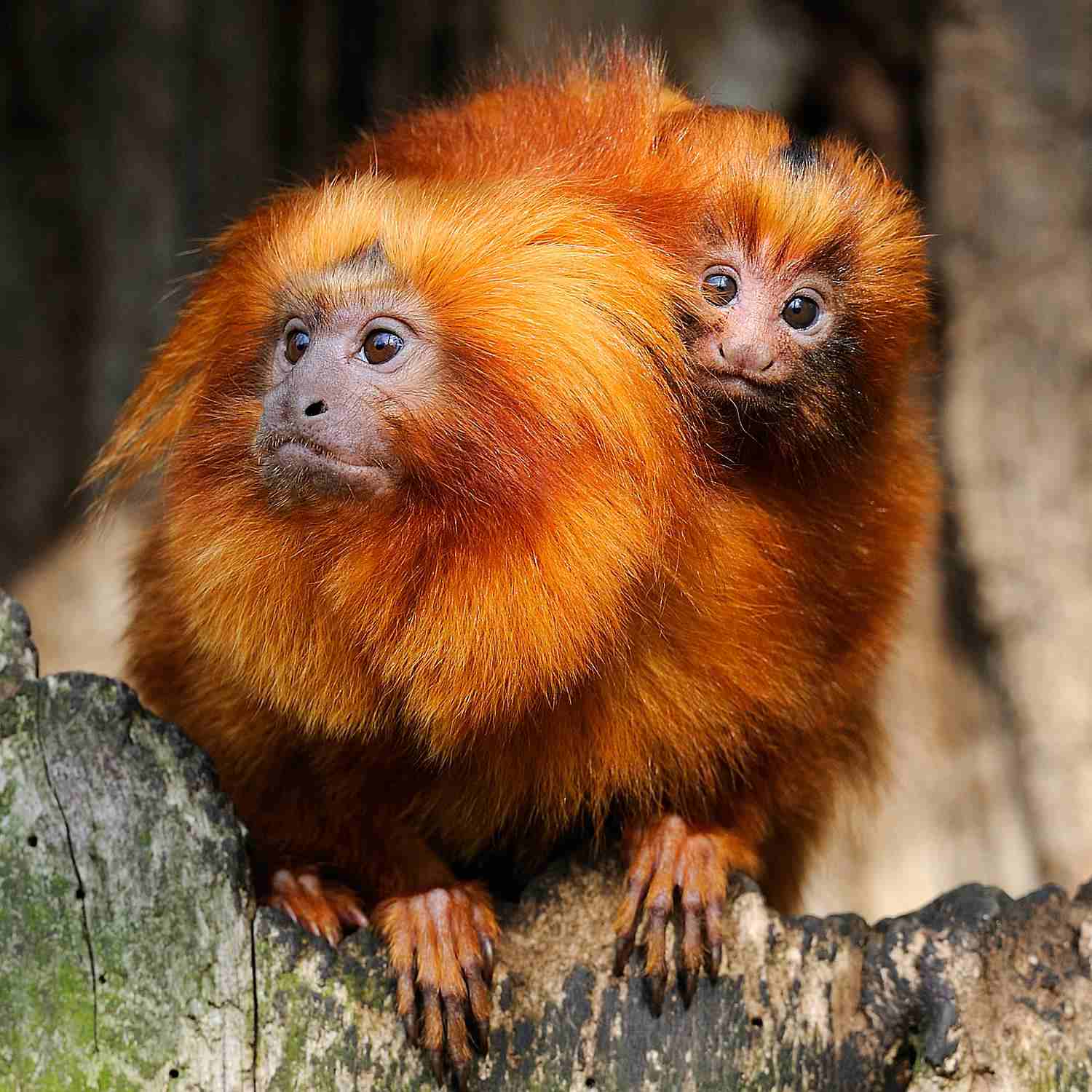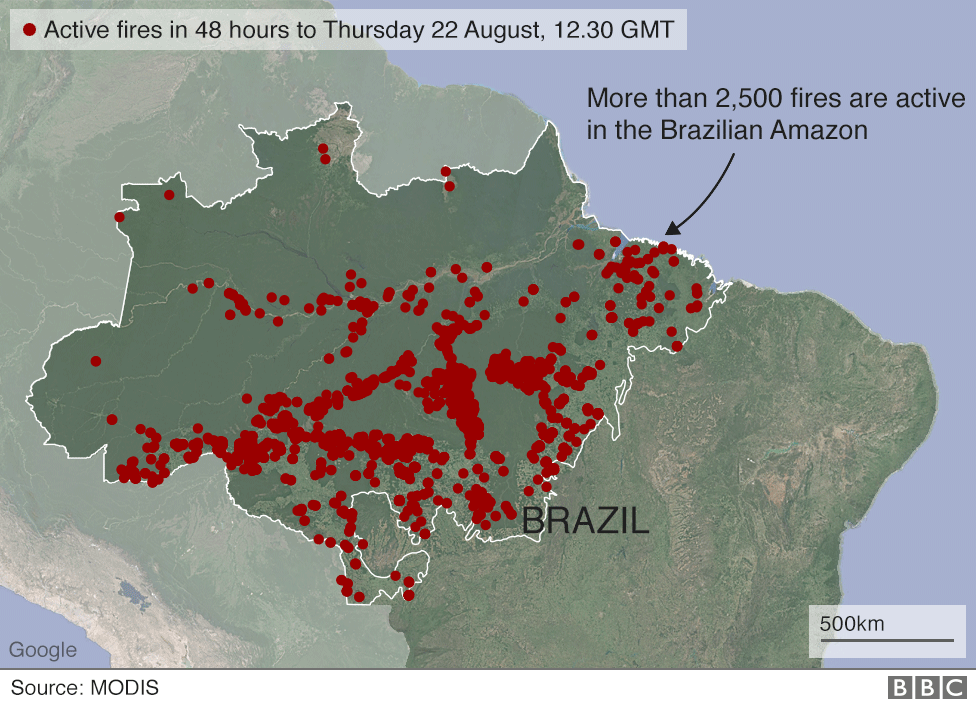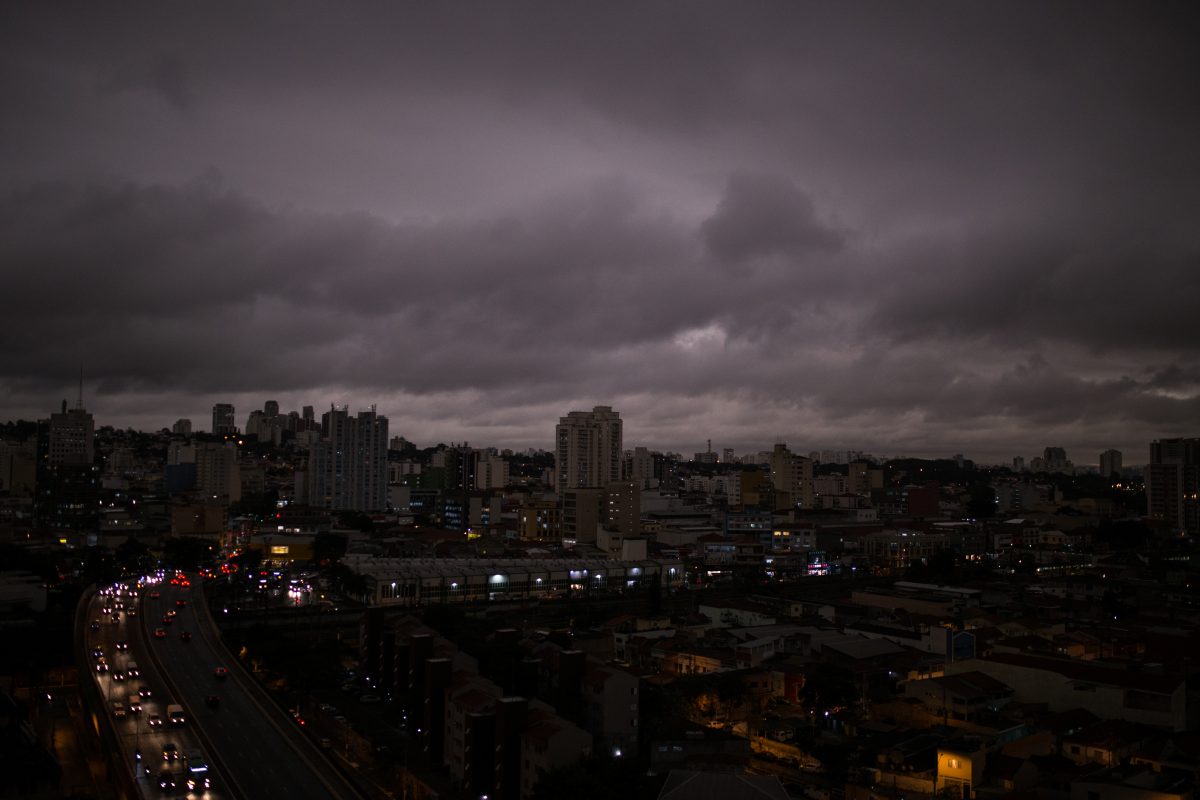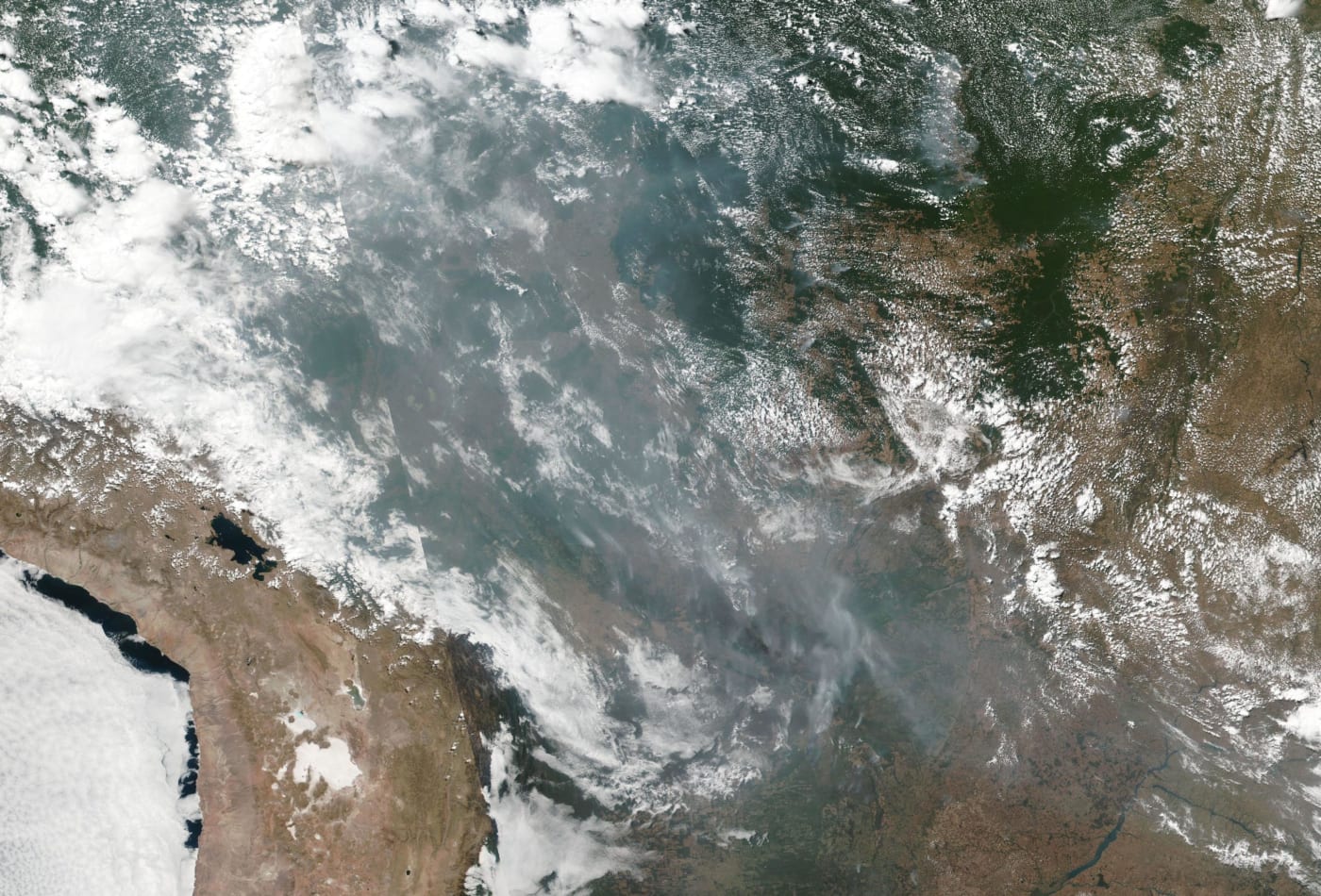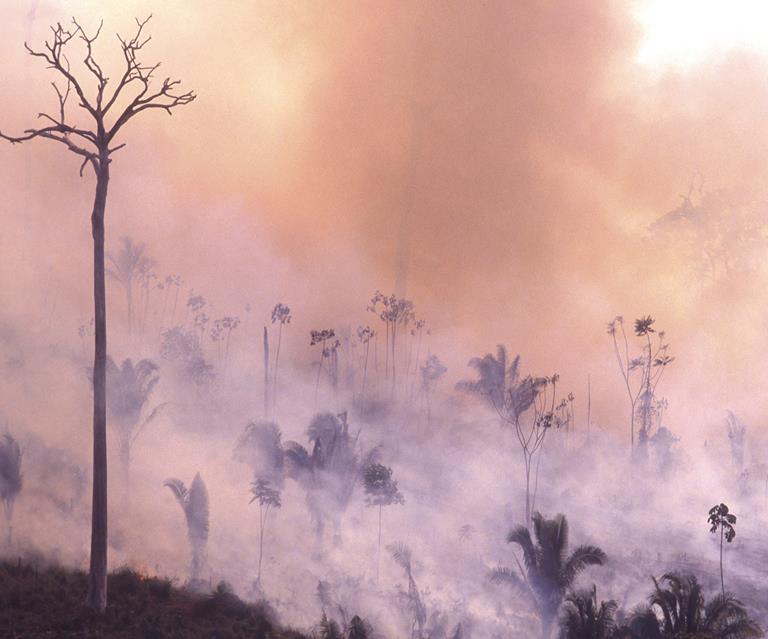7 Things To Know About The Amazon Fire That Has Been Raging For Three Weeks
Here is how the fires affect you and how you can help.
For the past three weeks, the world's largest rainforest – the Amazon in Brazil – has been ablaze with thousands of wildfires
BBC reported that more than 2,500 active fires are raging, making it the "most intense blazes for almost a decade".
On Monday, 19 August, Amazonas – the largest state in Brazil – declared a state of emergency.
The news brought about alarming images and footage of the disaster.
Meanwhile, the general outcry of the public has been to question the lack of media coverage, unlike the recent Notre-Dame Cathedral fire.
1. The Amazon produces 20% of the earth's oxygen as the largest tropical rainforest in the world
Dubbed as the "lungs of the earth", the Amazon absorbs most of the carbon dioxide from the atmosphere.
Without it, the gas would release into the atmosphere and worsen already severe global warming issues.
Basically, we can thank the Amazon for purifying some of the air we breathe.
2. It is home to more than half of the world's animal and plant species. If the fires continue, these animals would become extinct.
About 643 animal species and 40,000 different plant species live in the Amazon forest.
This makes it one of the world's most important ecosystems. It also means that the health of the Amazon has a direct effect on global warming.
3. The Amazon has hit a record number of 74,000 fires this year, nearly double from last year which stood at 40,000
4. The fires are believed to have been intensified by the current dry season and excessive deforestation
In recent years, the forest has been cut down to make way for activities like cattle ranching, soybean farming, mining, hydropower dams, and new highways.
Activists believe that Brazil's President Jair Bolsonaro encouraged farmers and loggers to clear lands for crops and grazing.
"The vast majority of these fires are human-lit," said Christian Poirier, the program director of non-profit organisation Amazon Watch, CNN reported.
He explained that even during the dry seasons, the humid rainforest does not catch on fire easily, unlike dry bushlands in California and Australia.
Meanwhile, Brazil's environmental minister tweeted that the fires are caused by dry weather, wind, and heat.
Despite international concerns about deforestation, Bolsonaro reportedly brushed off the criticism, saying it was the time of the year of the "queimada" or burn, when farmers use fire to clear land.
In addition, according to BBC, Bolsonaro said that the government lacked resources to put out the flames and "baselessly blamed" non-governmental organisations for the fires.
5. The smoke from the fires was so thick that it darkened the afternoon sky over São Paulo, the largest city in Brazil
On Monday, 19 August, a vast cloud of smoke covered the sun in São Paulo, which is located about 2,000 miles (3,218km) away from the flames.
Despite being quite a distance from the Amazon, strong winds moved the plume of smoke across the country.
The clouds of smoke made the 3pm sky look like 9pm. "It was as if the day had turned into night," resident Gianvitor Dias told the BBC.
"The Amazon rainforest has been on fire for weeks, and it's so bad, it's literally blotting out the sun miles away," wrote one person.
7. Here are several ways you can help:
According to CNET, there are a number of charities you can donate to that are helping to protect the Amazon:
- Amazon Watch - aims to protect the rainforests, defend indigenous rights, and works to address climate change.
- Amazon Conservation - accepts donations and lists exactly where your money goes.
- Rainforest Trust - donations help to buy land in the rainforest and prevents them from being cut down.
- World Wide Fund for Nature - works to protect wildlife species in the Amazon and around the world.
If you do not have any extra income to donate, here are other ways to contribute:
In a Twitter thread on 22 August, user @rish_reginna shared some ways that might help:
- Ecosia - a search engine that donates its profits towards planting trees. It's free and convenient, you can make an impact just by sitting at home and browsing the internet.
- Forest App - You can set personal time goals to stay focused, and the app will plant a virtual tree in the meantime. Coins earned on the app can be used towards planting real-life trees. Stay productive while doing good for the earth!
Another way you could help is to continue practising the 3R method in your daily life: reduce, reuse, and recycle.
